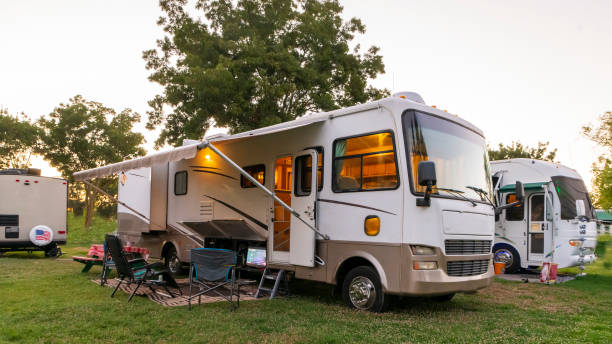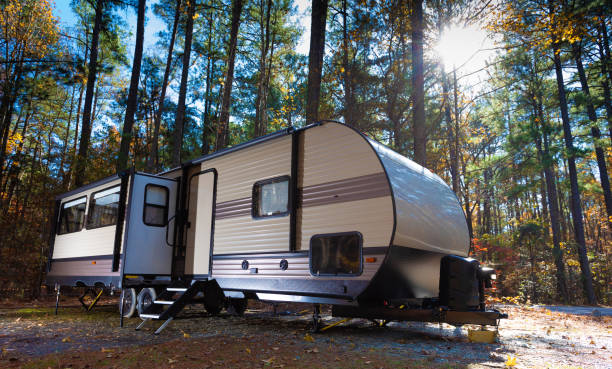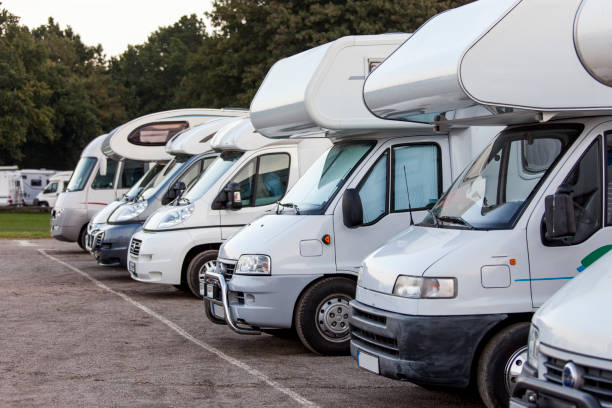Are Mobile Homes a Good Investment for Rental Property

Real estate investing is one of the most reliable ways to build wealth, but not all property types are created equal. Mobile homes, often overlooked in favor of traditional single-family homes or multi-unit complexes, are gaining attention as an affordable and potentially lucrative investment option.
But are mobile homes a good investment for rental property? The answer depends on factors like market conditions, your financial goals, and how well you understand this unique asset class. This article provides a comprehensive guide to help you decide if mobile homes are the right fit for your investment strategy.
What Is a Mobile Home?
A mobile home, or manufactured home, is a prefabricated structure built in a factory and transported to a designated location. Unlike traditional homes, mobile homes are not permanently attached to the land they occupy, making them a hybrid between personal property and real estate.
The term “mobile home” can be misleading, as most of these homes are not frequently moved after installation. They are usually set up on leased land in mobile home parks or placed on private lots. Their affordability and versatility make them a popular housing option for individuals and families seeking cost-effective living arrangements.
Characteristics of Mobile Homes:
- Factory-Built: Constructed off-site, ensuring consistency in quality.
- Customizable: Available in various layouts, sizes, and finishes.
- Transportable: While not commonly moved, they can be relocated if necessary.
- Affordable: Cost-effective compared to traditional housing options.

Mobile homes come in different styles and sizes to suit various needs and budgets. Knowing the types of mobile homes is essential for investors, as each caters to a specific demographic.
1. Single-Wide Mobile Homes
- Width and Size: Typically 14 to 18 feet wide and up to 90 feet long.
- Target Market: Small families, individuals, or retirees looking for compact, affordable housing.
- Investment Appeal: Lower purchase price and maintenance costs.
2. Double-Wide Mobile Homes
- Width and Size: Twice as wide as single-wide homes, averaging 28 to 36 feet in width.
- Target Market: Families who desire more space and a home-like layout.
- Investment Appeal: Higher rental income potential due to increased comfort and space.
3. Triple-Wide and Modular Homes
- Width and Size: The largest category, often resembling traditional homes in appearance and size.
- Target Market: Higher-income tenants or buyers in premium markets.
- Investment Appeal: Suitable for long-term investments or upscale rental opportunities.
Each type has its pros and cons, and selecting the right one depends on your budget, market demand, and investment goals.

How Much Do Mobile Homes Cost?
One of the primary reasons investors consider mobile homes is their affordability. However, the costs can vary significantly based on factors like size, location, and age.
Purchase Costs
- Single-Wide Homes: $30,000–$60,000 on average.
- Double-Wide Homes: $70,000–$100,000 or more.
- Triple-Wide and Modular Homes: Prices can exceed $150,000, especially for high-end models.
Additional Costs to Consider
- Land Costs: If you’re placing the home on owned land, the price will depend on location and acreage.
- Lot Rent: If located in a mobile home park, expect monthly fees ranging from $200 to $600 or more.
- Utilities and Maintenance: Mobile homes often have lower utility costs, but maintenance costs can add up depending on the home’s age.
Compared to traditional homes, mobile homes offer a lower entry point, making them accessible to investors with smaller budgets.
The Basics of Investing in Mobile Homes
Investing in mobile homes involves strategies that differ from traditional real estate investing. Here’s a step-by-step guide:
1. Research the Market
Understand the demand for mobile homes in your target area. Look for locations where affordable housing is in high demand, such as rural areas or regions with a strong workforce population.
2. Decide on Your Investment Model
- Land-Leased Parks: Purchase mobile homes within parks and rent them out while paying lot fees.
- Land Ownership: Buy land, place mobile homes on it, and rent out both the land and the home.
- Mobile Home Parks: Invest in an entire park, which involves managing multiple tenants and homes.
3. Understand Financing Options
Mobile homes classified as personal property may require different financing methods:
- Chattel Loans: Shorter-term loans with higher interest rates for mobile homes not affixed to land.
- FHA Loans: For mobile homes attached to land, making them eligible for real estate financing.
4. Evaluate ROI
Calculate potential returns by analyzing costs, rental income, and expected maintenance expenses. Mobile homes often provide a higher ROI due to lower acquisition costs.

Should You Invest in a Mobile Home?
The answer depends on your investment goals, risk tolerance, and market conditions. Mobile homes can be a great addition to your portfolio, offering advantages such as affordability and consistent cash flow.
Advantages of Investing in Mobile Homes:
- Lower Entry Cost: A more accessible investment compared to traditional real estate.
- High Demand: Affordable housing remains in demand, ensuring steady tenants.
- Minimal Competition: Many investors overlook mobile homes, creating opportunities.
Challenges to Consider:
- Depreciation: Mobile homes may lose value over time, unlike traditional real estate.
- Park Regulations: Leasing in mobile home parks involves compliance with strict rules.
- Limited Financing Options: Higher interest rates can make financing less attractive.
Carefully weigh these factors before deciding to invest in mobile homes.
Conclusion
Mobile homes are a viable investment option for rental property, offering affordability and attractive cash flow. They cater to the growing demand for affordable housing while providing unique opportunities for creative investors.
If you’re ready to explore the potential of mobile home investing, Dwanderful is here to help. Founded by real estate expert Dwan, Dwanderful offers invaluable resources for investors:
- Free Book: “Real Estate Lingo“ helps beginners understand essential real estate terms.
- Paid Book: “Five Pillars of Real Estate Investing“ provides a step-by-step guide to building wealth.
- Quiz Game: Discover how you could generate six figures in the next six months, whether buying your first property or scaling your portfolio. It takes less than a minute!
Visit Dwanderful today to access these tools and take the next step in your investment journey. Contact us now!
Frequently Asked Questions:
1. Are mobile homes a good investment for rental property compared to traditional homes?
Yes, they offer a lower entry cost and high cash flow potential, especially in markets with strong demand for affordable housing.
2. What financing options are available for mobile homes?
Financing options include chattel loans, FHA loans, and personal loans, depending on whether the home is classified as real estate or personal property.
3. How do mobile home parks impact investment profitability?
Mobile home parks can reduce land acquisition costs but come with management responsibilities and park-specific regulations.


